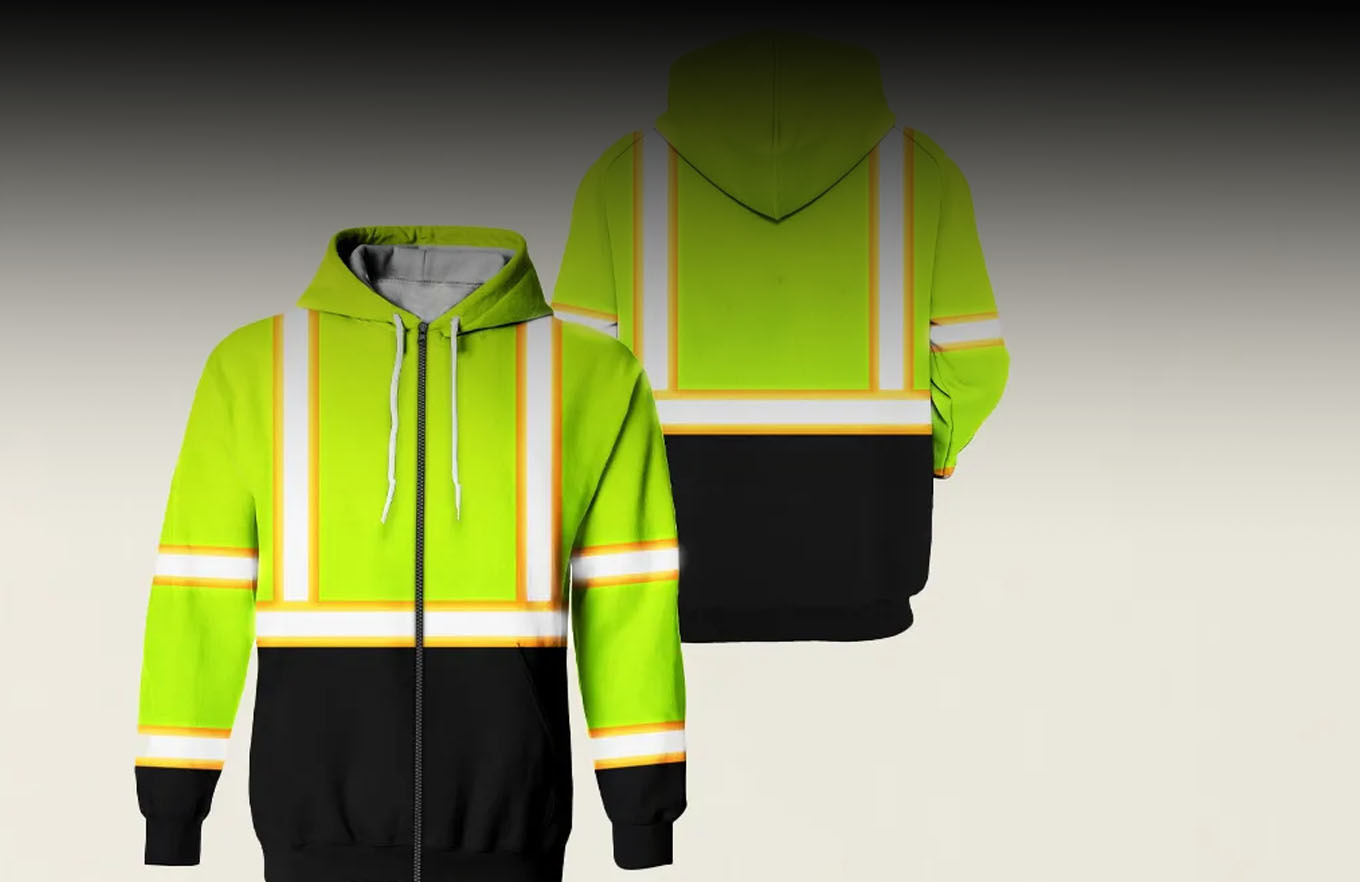When businesses look to expand their industrial supply chain, finding a reliable workwear manufacturer becomes a critical decision. Many international buyers now turn to emerging hubs like Pakistan for high-quality, cost-effective workwear solutions. While the benefits of global sourcing are immense, the process is not without its challenges. Importing from overseas can introduce potential risks related to quality, compliance, communication, and delivery timelines.
That’s why it is essential to adopt a risk-mitigation strategy early on, especially when working with a workwear manufacturer in Pakistan. With the right approach, businesses can build long-term relationships with trusted suppliers and streamline their import processes.
In this article, we’ll explore three essential tips to reduce potential setbacks and ensure a smooth importing experience from Pakistan's growing textile sector.
Understand the Supplier’s Capabilities and Reputation
The first and perhaps most crucial step in minimizing risk lies in the supplier selection phase. Not every workwear manufacturer in Pakistan operates on the same standards. This is where doing due diligence becomes a necessity. Take the time to assess the manufacturer’s capacity, certifications, and operational history.
A reputable supplier will have no hesitation in sharing documentation such as ISO certifications, export records, and client testimonials. You can also request product samples to verify consistency in stitching, fabric strength, and finishing quality. For example, Samad Outerwear has earned a reputation for its commitment to delivering export-grade industrial workwear, catering to clients across Europe and the Middle East. Their transparent manufacturing process and strong quality control protocols provide added assurance for first-time importers.
Another useful approach is checking whether the company has been involved in trade shows or listed with international directories. It reflects both visibility and credibility in the market. At this stage, avoiding vague or unverifiable manufacturers is key.
Clearly Define Technical Specifications and Compliance Requirements
Clarity in communication is what separates successful sourcing experiences from chaotic ones. Every experienced importer knows that assumptions can be expensive. Instead of relying solely on verbal agreements, draft a comprehensive document that includes:
● Material specifications
● Stitching details
● Size standards
● Color codes
● Quantity expectations
● Packaging requirements
● Country-specific compliance norms
For industrial-grade garments, ensuring compliance with safety standards is apriority. Whether it’s flame-resistant clothing or hi-vis vests, certain industries mandate strict regulations. A professional industrial workwear supplier should be well-versed in these standards.
For example, if you’re sourcing from Samad Outerwear, you’ll find their team actively collaborating with clients to understand sector-specific safety protocols. This includes meeting EN ISO standards for protective clothing, which helps reduce legal and operational risks during distribution or usage in foreign markets.
Moreover, documentation such as purchase orders, product specifications, and inspection agreements should be signed and acknowledged before production begins. These become your legal safeguard in case of disputes.
Incorporate a Third-Party Inspection System
Even after choosing a reputed workwear manufacturer in Pakistan, oversight during production is a must. The best way to ensure on-ground control is by hiring an independent third-party inspection agency. These agencies conduct mid-line and pre-shipment checks to verify that the product batch aligns with the agreed specifications.
Third-party inspections eliminate surprises at the destination port and help you maintain customer trust by minimizing returns or complaints. Renowned suppliers like Samad Outerwear often welcome such audits as they validate their production quality and strengthen buyer confidence.
Inspections are usually conducted in three stages:
● Initial Production Check (IPC):To validate raw materials and factory conditions
● During Production Check(DUPRO): Midway quality control to spot inconsistencies
● Final Random Inspection (FRI):Before shipment, for verifying order readiness
Many global buyers also integrate quality clauses into their contracts, which allow for penalties or rework in case specifications aren’t met. While these situations are rare with high-end suppliers, it’s always good practice to stay prepared.
Conclusion
Importing workwear products across borders can be a smooth and rewarding process when done correctly. However, it demands attention to detail, clarity in communication, and a strong grasp of quality expectations. By verifying supplier credentials, defining every technical and legal requirement, and incorporating a structured inspection plan, businesses can avoid most of the common pitfalls.
Pakistan offers a strong manufacturing ecosystem for workwear, and companies like Samad Outerwear continue to demonstrate why international clients trust them for consistent quality and service. With a proactive approach, you can enjoy cost savings without compromising on standards or delivery schedules.
Ready to import quality workwear safely and efficiently? Contact Samad Outerwear to discuss your custom requirements today.
FAQs
What should I look for in a reliable workwear manufacturer in Pakistan?
Look for proven export experience, certifications like ISO or CE, consistent customer feedback, and sample verification. A trusted name like Samad Outerwear typically ticks all these boxes, offering quality assurance backed by a transparent process.
Is it necessary to conduct third-party inspections?
Yes. Third-party inspections act as an independent verification layer between the buyer and manufacturer. They help ensure that your product meets all agreed-upon standards before shipment, reducing costly errors.
Can I place small quantity orders with an industrial workwear supplier?
Some industrial workwear suppliers offer flexibility for trial orders, but most manufacturers prefer larger MOQ (Minimum Order Quantity) models. Companies like Samad Outerwear may offer smaller batches for new buyers to establish trust and quality verification.
